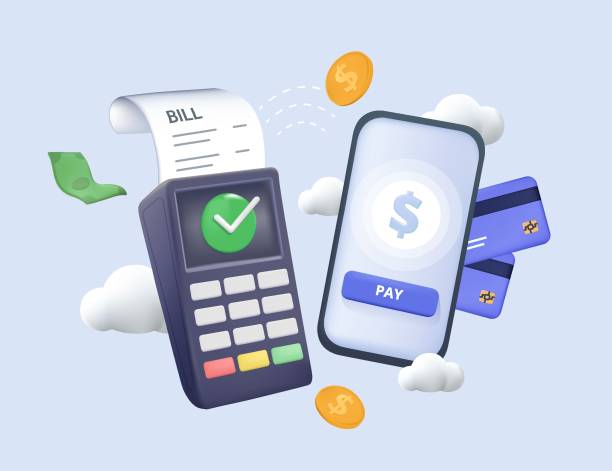In today’s digital age, online selling platforms have revolutionized the way businesses reach customers and generate revenue. With a myriad of options available, choosing the right platform can be daunting. Whether you’re a seasoned entrepreneur or just starting out, this guide will introduce you to the top 10 online selling platforms that can skyrocket your business to new heights!
1. Amazon
Amazon is the world’s largest online marketplace, boasting millions of daily visitors. So, its vast customer base and fulfillment services make it an attractive platform for businesses of all sizes.
Key Features:
- Fulfillment by Amazon (FBA) for hassle-free shipping
- Amazon Advertising to boost product visibility
- Amazon Prime eligibility for faster delivery
Tips:
Optimize your product listings with high-quality images and compelling descriptions to stand out from the competition.

2. eBay
eBay is a global marketplace known for its auction-style listings and diverse product categories. It’s ideal for unique and vintage items.
Key Features:
- Auction-style and fixed-price listings
- eBay’s global shipping program
- Seller protection policies
Tips:
Research trending items and price competitively to attract more buyers.
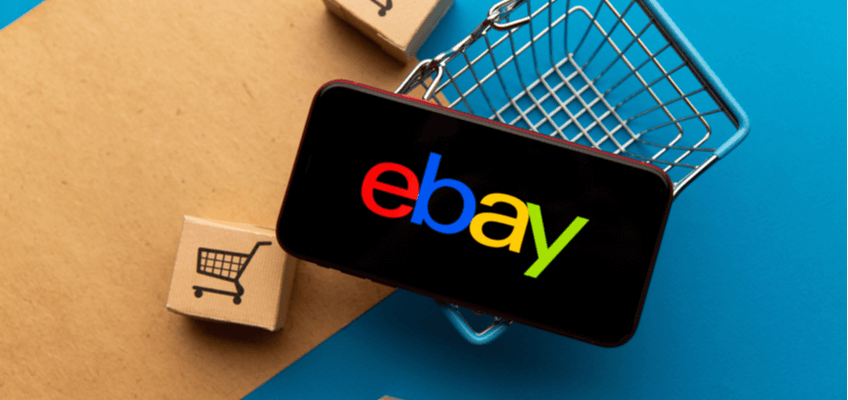
3. Shopify
Shopify is a comprehensive e-commerce platform that allows businesses to set up their own online store with ease. It offers customizable themes and built-in tools for marketing and analytics.
Key Features:
- User-friendly interface
- Mobile-optimized storefronts
- Integrated payment gateways
Tips:
Utilize Shopify’s app store to add additional functionalities like email marketing and customer reviews.
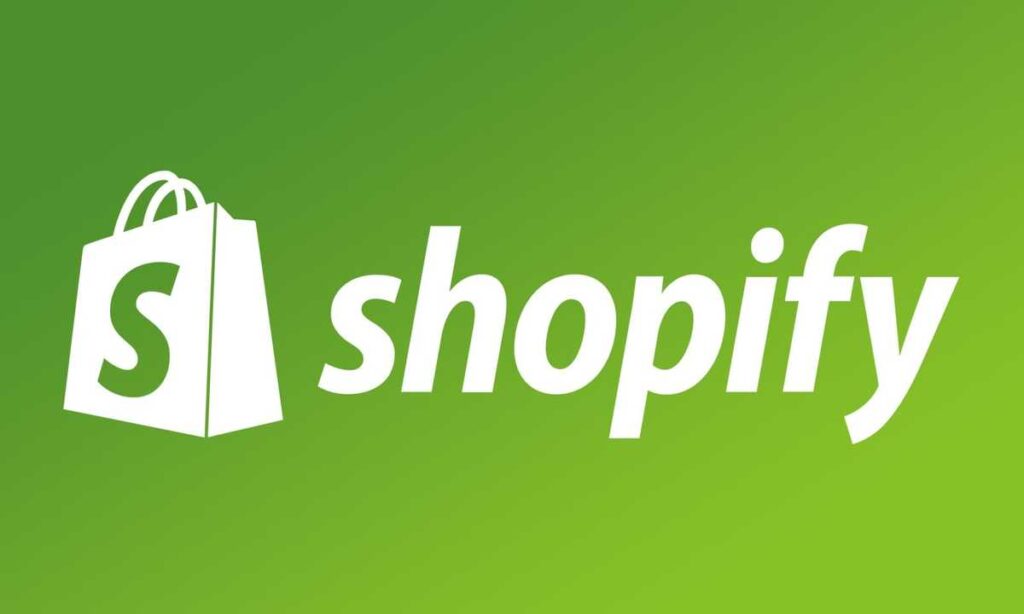
4. Etsy
Etsy specializes in handmade, vintage, and unique goods, making it a go-to platform for artisans and crafters.
Key Features:
- Niche audience interested in handmade products
- Easy listing process
- Seller-friendly community
Tips:
Highlight the craftsmanship and uniqueness of your products in your listings to appeal to Etsy’s audience.
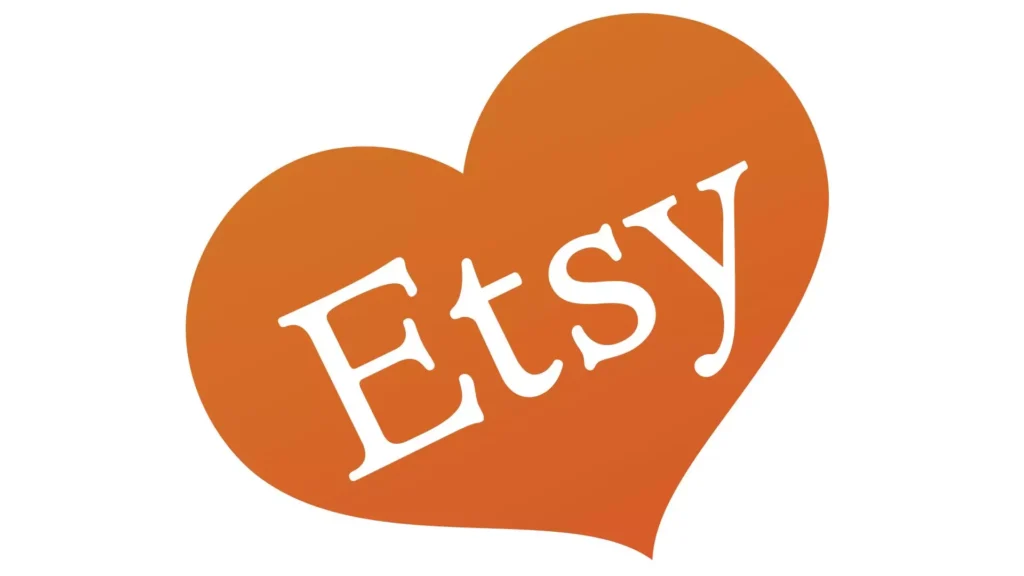
5. Walmart Marketplace
Walmart Marketplace offers sellers the opportunity to reach Walmart’s massive customer base and benefit from its trusted brand name.
Key Features:
- Access to Walmart’s loyal customer base
- Competitive referral fees
- Dedicated seller support
Tips:
Ensure your products meet Walmart’s quality and shipping standards to maintain a high seller rating.
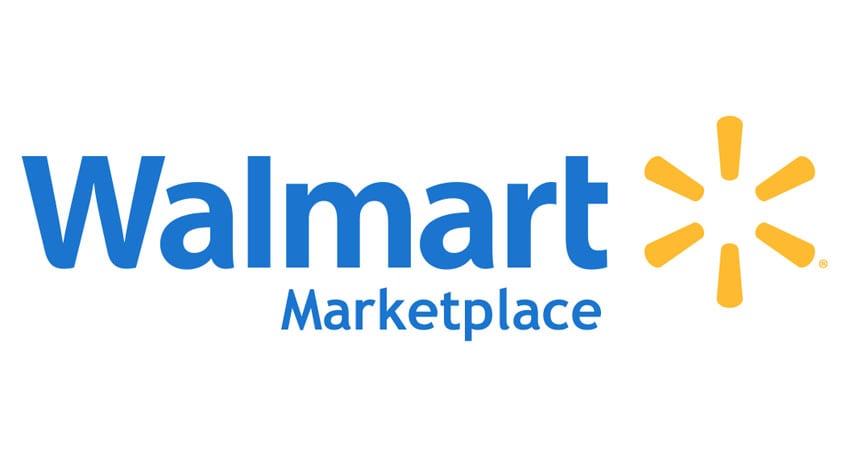
6. Facebook Marketplace
With billions of users worldwide, Facebook Marketplace provides a convenient platform for local selling and community engagement.
Key Features:
- Free listings
- Location-based search
- Messenger integration for communication
Tips:
Use high-quality photos and detailed descriptions to attract local buyers.
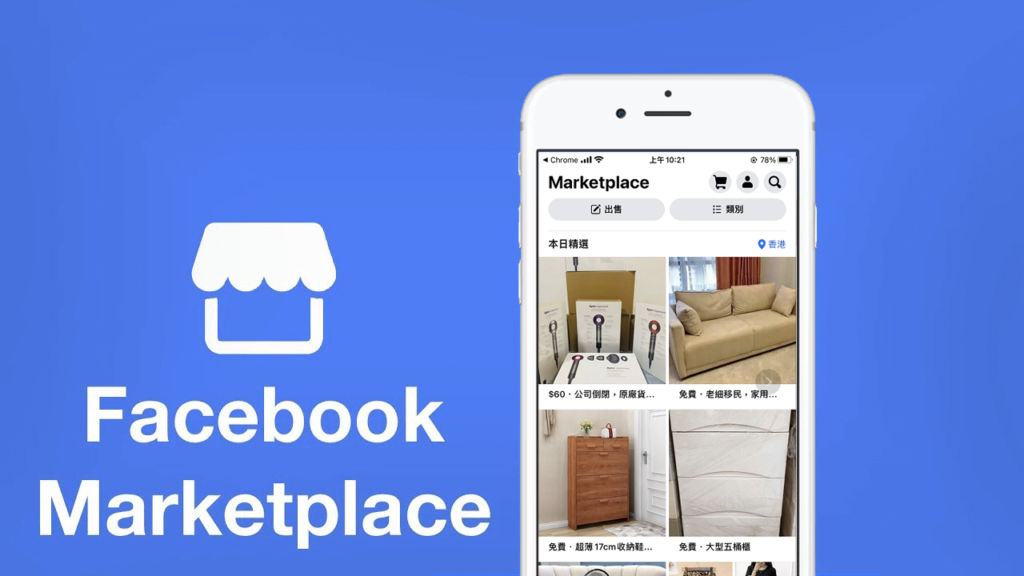
7. Alibaba
Alibaba is a leading platform for sourcing products from manufacturers and wholesalers globally. It’s ideal for businesses looking to buy in bulk.
Key Features:
- Extensive supplier directory
- Trade assurance for secure transactions
- Customized sourcing solutions
Tips:
Vet suppliers carefully and negotiate terms to get the best deals.
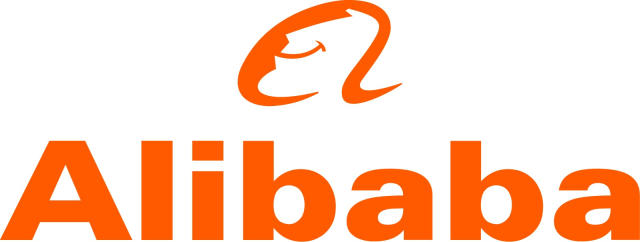
8. Rakuten
Rakuten is a global marketplace with a strong presence in Asia and expanding reach in other regions. It offers a loyalty program that encourages repeat purchases.
Key Features:
- Rakuten Super Points loyalty program
- Comprehensive seller dashboard
- Multilingual customer support
Tips:
Offer promotions to incentivize customers to shop on Rakuten.
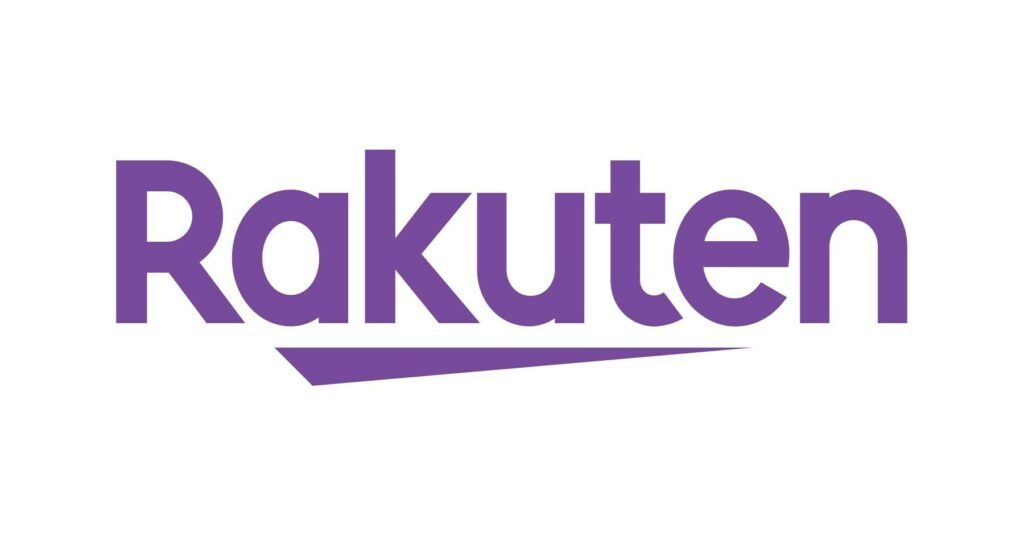
9. Newegg
Newegg specializes in tech products and electronics, attracting a tech-savvy audience.
Key Features:
- Tech-focused marketplace
- Product reviews and ratings
- Advanced search and filtering options
Tips:
Stay updated with the latest tech trends and offer competitive prices to appeal to Newegg’s audience.
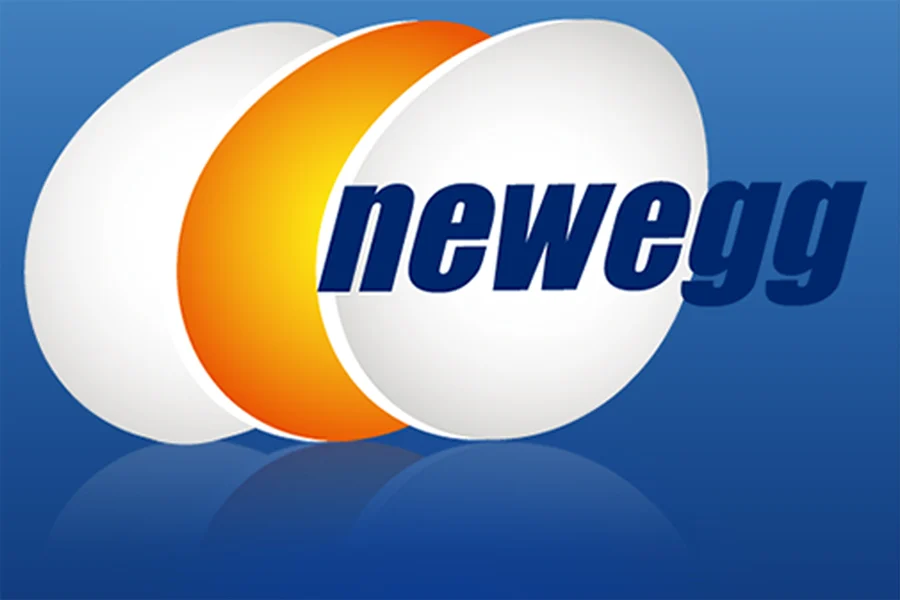
10. Mercari
Mercari is a user-friendly platform that allows individuals to sell used or new items easily.
Key Features:
- Simple listing process
- Flat 10% selling fee
- Buyer and seller protection
Tips:
Take clear photos and provide accurate descriptions to build trust with buyers.

Benefits of Using Online Platforms
Using online platforms for selling, marketing, and managing your business offers a multitude of benefits that can significantly enhance your operations, reach, and profitability. Here are some of the key benefits of utilizing online platforms:
1. Wider Reach
Global Audience:
Online platforms enable you to reach a global audience beyond your local market. This expands your customer base and increases the potential for sales.
Targeted Marketing:
Many online platforms offer tools for targeted marketing, allowing you to reach specific demographics, interests, or locations more effectively.
2. Cost-Effective
Lower Overheads:
Compared to traditional brick-and-mortar stores, online platforms generally have lower operational costs, including rent, utilities, and staffing.
Flexible Pricing:
Online platforms allow for dynamic pricing strategies, promotions, and discounts, helping you attract customers while maintaining profitability.
3. Convenience and Accessibility
24/7 Availability:
Your online store is open 24/7, allowing customers to shop at their convenience, leading to increased sales opportunities.
Mobile Accessibility:
With the rise of mobile devices, online platforms often offer mobile-optimized experiences, making it easier for customers to shop on the go.
4. Data-Driven Insights
Analytics and Reporting:
Online platforms provide valuable insights through analytics and reporting tools. This data helps you understand customer behavior, preferences, and sales trends.
Optimization Opportunities:
With data-driven insights, you can optimize your marketing strategies, product offerings, and website design to better meet customer needs and improve sales.
5. Flexibility and Scalability
Customization:
Many online platforms offer customizable features and integrations, allowing you to tailor the platform to your specific business needs.
Scalability:
As your business grows, online platforms can easily scale to accommodate increased traffic, sales, and inventory.
6. Improved Customer Engagement
Personalized Experience:
Online platforms enable you to offer personalized shopping experiences through product recommendations, personalized emails, and targeted promotions.
Customer Support:
Many online platforms offer integrated customer support tools, including chatbots, FAQs, and dedicated support teams, enhancing customer satisfaction.
7. Diverse Selling Options
Multiple Channels:
You can sell through various channels simultaneously, such as your website, social media, and online marketplaces, diversifying your revenue streams.
Multi-Channel Integration:
Some platforms offer multi-channel selling solutions that allow you to manage inventory, orders, and customer data across different platforms from a single dashboard.
8. Brand Building and Awareness
Brand Presence:
Maintaining a strong online presence through multiple platforms helps build brand awareness and credibility among customers.
Content Marketing:
Online platforms enable you to create and share valuable content, such as blog posts, videos, and infographics, to educate and engage your audience, further strengthening your brand.
9. Secure Transactions
Payment Gateways:
Most online platforms integrate with secure payment gateways, ensuring safe and hassle-free transactions for both you and your customers.
Fraud Prevention:
Online platforms often have built-in fraud prevention measures and encryption to protect against unauthorized transactions and data breaches.
Conclusion
Choosing the right online selling platform depends on your business needs, target audience, and product offerings. Whether you’re selling handmade crafts on Etsy or tech gadgets on Newegg, these platforms offer unique opportunities to grow your business and connect with customers globally.
Remember to leverage each platform’s features and tools to maximize your sales potential. With the right strategy and dedication, you can boost your business and achieve online selling success! Happy selling!




